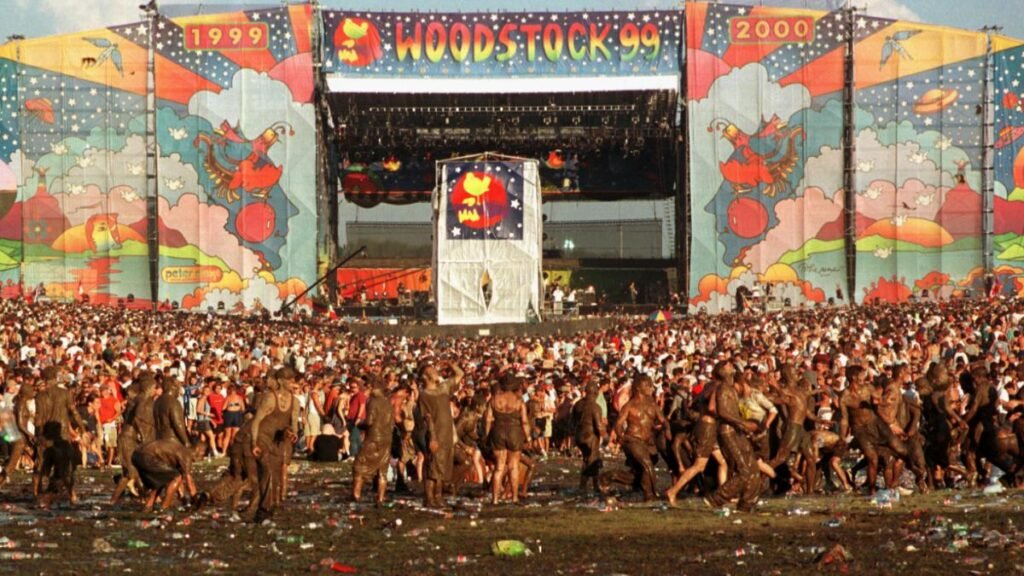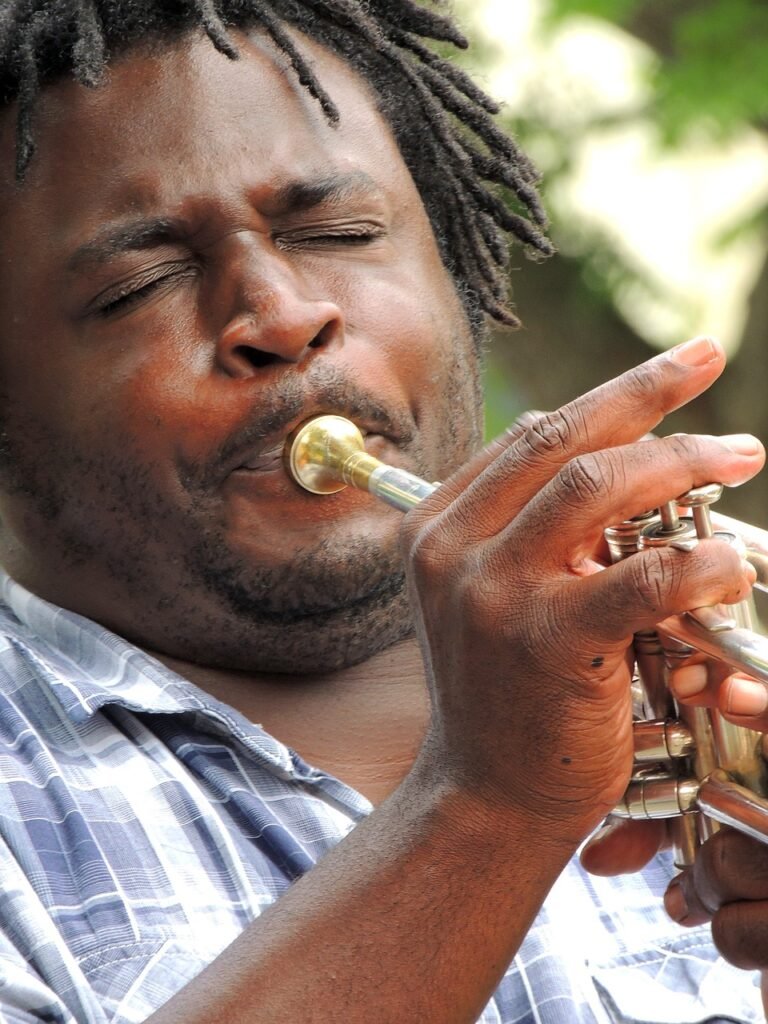Music festivals have a rich history that dates back thousands of years, with roots in ancient civilizations and cultural traditions. The earliest known music festivals can be traced back to ancient Greece, where they were held to honor the gods and celebrate important events such as harvests, religious ceremonies, and athletic competitions. These festivals featured music, dance, poetry, and theatrical performances, bringing communities together in celebration and entertainment.
As civilizations evolved, so too did the concept of music festivals. In medieval Europe, music festivals became associated with religious celebrations and courtly gatherings, showcasing the talents of musicians, composers, and performers from across the continent. These festivals often took place in grand cathedrals, royal courts, and town squares, providing opportunities for artists to share their work and for audiences to experience the transformative power of music.
The modern music festival as we know it today emerged in the mid-20th century, with the advent of popular music genres such as rock and roll, jazz, blues, and folk. The Newport Jazz Festival, held in Rhode Island in 1954, is widely regarded as one of the first modern music festivals, featuring performances by legendary musicians such as Duke Ellington, Ella Fitzgerald, and Billie Holiday.
Throughout the 1960s and 1970s, music festivals became synonymous with the counterculture movement, serving as platforms for social and political activism, artistic expression, and communal living. Iconic events such as Woodstock, Monterey Pop Festival, and Isle of Wight Festival drew hundreds of thousands of attendees, transcending boundaries of race, class, and nationality to create moments of unity, peace, and solidarity.
In the decades that followed, music festivals continued to evolve and diversify, encompassing a wide range of genres, styles, and formats. From large-scale multi-day events like Glastonbury and Coachella to intimate gatherings like Burning Man and Bonnaroo, music festivals have become global phenomena, attracting millions of attendees each year and generating billions of dollars in revenue for the music industry.
Today, music festivals represent a vibrant tapestry of cultures, traditions, and artistic expressions, providing platforms for established artists and emerging talents alike to showcase their work and connect with audiences from around the world. While the landscape of music festivals may continue to change and evolve, their fundamental purpose remains unchanged: to celebrate the power of music to inspire, unite, and transform lives.



